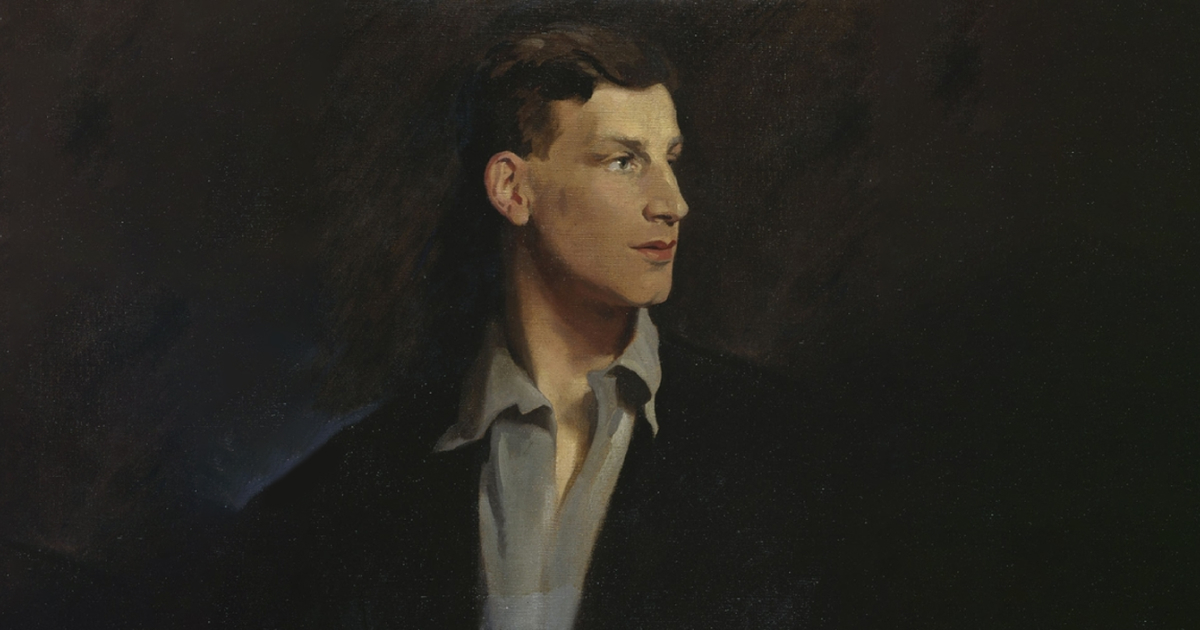Tourists: How the British went Abroad to Find Themselves
Lucy Lethbridge
Bloomsbury, 320pp, £20
Dostoyevsky, suffering from constipation in the spa town of Bad Ems, wrote to his wife: “I am to take vinegar with salad.” As Lucy Lethbridge reminds us, he was not the only one. Cleverly written and beautifully produced, this book manages the near-impossible. It weaves sensitively and non-pedantically through all the pertinent points about tourism from the United Kingdom to continental Europe while bringing out a surprisingly profound and ponderable overall narrative. Luckily, she also occasionally permits interlopers with particularly lofty literary antecedents from other countries to put in an illuminating anecdote.
Lethbridge’s chapters are adroitly chosen and not too easy to define; tracking through the origins of the need and ability (trains and visas) to travel for pleasure and the motivation behind it, she threads her way through the murky world of spas and sulphur-water, collects postcards and knick-knacks, tears through guidebooks and ruins and the essential contradiction of every man destroying the thing he loves, whistles past wars and battlefield tourism and ends by soaking up the fascinating phenomenon of military airports repurposed for exotic holiday resorts, for sun, sea, sand – and sex.
What could be a better indication of the changing morality of the UK, and the challenge of escapism, than the evolution of Thomas Cook tours? They began with a cry of “One more cheer for Teetotalism and Railwayism!” and ended up with “Don’t just book it, Thomas Cook it.” Transporting earnest and underpaid governesses from Leicester to temperance meetings in Loughborouigh gave way to a business model that now flies people from Loughborough to get very drunk at carnivals in Tenerife.
Only recently, in the queue for a Thomas Cook flight from Tenerife to London a new acquaintance remarked: “I don’t drink much at home, but when in Tenerife do what the Tenerifians do, eh?” The image of Tenerife swimming in beer is not one that would have been recognised in the 19th century and Thomas Cook, one suspects, gyrates gently in his grave when he hears of the influence of tourists like these. He might, however, have recognised the ethos of the stewardess managing the queue; her style was, as Lethbridge describes Cook’s, “delightful: crisp, clear and warmly authoritative”.
Best of all, Lethbridge includes a plethora of sources to explore the idea of travel and keeps their humour and distinctive voice intact. Institutions long forgotten – the Toynbee Hall Travellers’ Club, for example – and some still remembered, such as Baedeker’s guides and niggardly backpackers, roll gently in front of our eyes like the Victorian panoramas of Albert Smith’s ascent of Mont Blanc. She quotes extensively, and some of the quotations are superfluous to the overall progress of the book, but a deft hand – and what must be a deep insight into the period (she is the best-selling author of Servants) – gives the quotes sense in the general narrative.
Who could resist Byron’s report of the woman who gazed at Chamonix and exclaimed “‘Did you ever see anything more rural?’ – as if it were Highgate or Hampstead – or Brompton – or Hayes!” An adept shaping leads the reader through, and during the course of the book the journey eases from the very strange (sturdy veils and daguerreotypes) to the very familiar (pakamacs and sun cream) with a shock of evolving history.
Tourists is also a fascinating record of the different excesses into which English people have fallen while overseas. In the 19th century – over-fed and suffering from those peculiarly Victorian malaises such as gout, constipation and plethora – they went to starve themselves and take vigorous exercise. Post-war – with all the fat shed though rationing and hard work – they went to eat and drink as much as they could before collapsing onto a beach in the sun and doing nothing else until it was time for the next round. Now we are reverting to the first idea; mountaineering, extreme sports, cleanses and botany are being revisited, while the general popularity of lying on beaches has declined.
Philosophically, Lethbridge’s starting point is various aspects of tourism rather than a distinct definition. Benjamin, Barthes and Lacan are brought in to explain the move towards the picturesque, but other points – Foucault, the fetishisation of family, the joy of Nancy Mitford’s representation of inter-generational strife and the horror of abroad – don’t make the cut. Neither do the parallels between tourism and colonisation, nor the fine line between tourism and travelling, nor tourism’s explicit role in globalisation. This is the strength of Lethbridge’s book: just as with the best guidebooks, she gives us not only the facts, but also the desire to form our own theories.
Harriet Rix’s travel writing and photographs have appeared in the Financial Times and Cornucopia magazine. She is almost never at home.
Tourists: How the British went Abroad to Find Themselves
Lucy Lethbridge
Bloomsbury, 320pp, £20
Dostoyevsky, suffering from constipation in the spa town of Bad Ems, wrote to his wife: “I am to take vinegar with salad.” As Lucy Lethbridge reminds us, he was not the only one. Cleverly written and beautifully produced, this book manages the near-impossible. It weaves sensitively and non-pedantically through all the pertinent points about tourism from the United Kingdom to continental Europe while bringing out a surprisingly profound and ponderable overall narrative. Luckily, she also occasionally permits interlopers with particularly lofty literary antecedents from other countries to put in an illuminating anecdote.
Lethbridge’s chapters are adroitly chosen and not too easy to define; tracking through the origins of the need and ability (trains and visas) to travel for pleasure and the motivation behind it, she threads her way through the murky world of spas and sulphur-water, collects postcards and knick-knacks, tears through guidebooks and ruins and the essential contradiction of every man destroying the thing he loves, whistles past wars and battlefield tourism and ends by soaking up the fascinating phenomenon of military airports repurposed for exotic holiday resorts, for sun, sea, sand – and sex.
What could be a better indication of the changing morality of the UK, and the challenge of escapism, than the evolution of Thomas Cook tours? They began with a cry of “One more cheer for Teetotalism and Railwayism!” and ended up with “Don’t just book it, Thomas Cook it.” Transporting earnest and underpaid governesses from Leicester to temperance meetings in Loughborouigh gave way to a business model that now flies people from Loughborough to get very drunk at carnivals in Tenerife.
Only recently, in the queue for a Thomas Cook flight from Tenerife to London a new acquaintance remarked: “I don’t drink much at home, but when in Tenerife do what the Tenerifians do, eh?” The image of Tenerife swimming in beer is not one that would have been recognised in the 19th century and Thomas Cook, one suspects, gyrates gently in his grave when he hears of the influence of tourists like these. He might, however, have recognised the ethos of the stewardess managing the queue; her style was, as Lethbridge describes Cook’s, “delightful: crisp, clear and warmly authoritative”.
Best of all, Lethbridge includes a plethora of sources to explore the idea of travel and keeps their humour and distinctive voice intact. Institutions long forgotten – the Toynbee Hall Travellers’ Club, for example – and some still remembered, such as Baedeker’s guides and niggardly backpackers, roll gently in front of our eyes like the Victorian panoramas of Albert Smith’s ascent of Mont Blanc. She quotes extensively, and some of the quotations are superfluous to the overall progress of the book, but a deft hand – and what must be a deep insight into the period (she is the best-selling author of Servants) – gives the quotes sense in the general narrative.
Who could resist Byron’s report of the woman who gazed at Chamonix and exclaimed “‘Did you ever see anything more rural?’ – as if it were Highgate or Hampstead – or Brompton – or Hayes!” An adept shaping leads the reader through, and during the course of the book the journey eases from the very strange (sturdy veils and daguerreotypes) to the very familiar (pakamacs and sun cream) with a shock of evolving history.
Tourists is also a fascinating record of the different excesses into which English people have fallen while overseas. In the 19th century – over-fed and suffering from those peculiarly Victorian malaises such as gout, constipation and plethora – they went to starve themselves and take vigorous exercise. Post-war – with all the fat shed though rationing and hard work – they went to eat and drink as much as they could before collapsing onto a beach in the sun and doing nothing else until it was time for the next round. Now we are reverting to the first idea; mountaineering, extreme sports, cleanses and botany are being revisited, while the general popularity of lying on beaches has declined.
Philosophically, Lethbridge’s starting point is various aspects of tourism rather than a distinct definition. Benjamin, Barthes and Lacan are brought in to explain the move towards the picturesque, but other points – Foucault, the fetishisation of family, the joy of Nancy Mitford’s representation of inter-generational strife and the horror of abroad – don’t make the cut. Neither do the parallels between tourism and colonisation, nor the fine line between tourism and travelling, nor tourism’s explicit role in globalisation. This is the strength of Lethbridge’s book: just as with the best guidebooks, she gives us not only the facts, but also the desire to form our own theories.
<em>Harriet Rix’s travel writing and photographs have appeared in the Financial Times and Cornucopia magazine. She is almost never at home.</em>





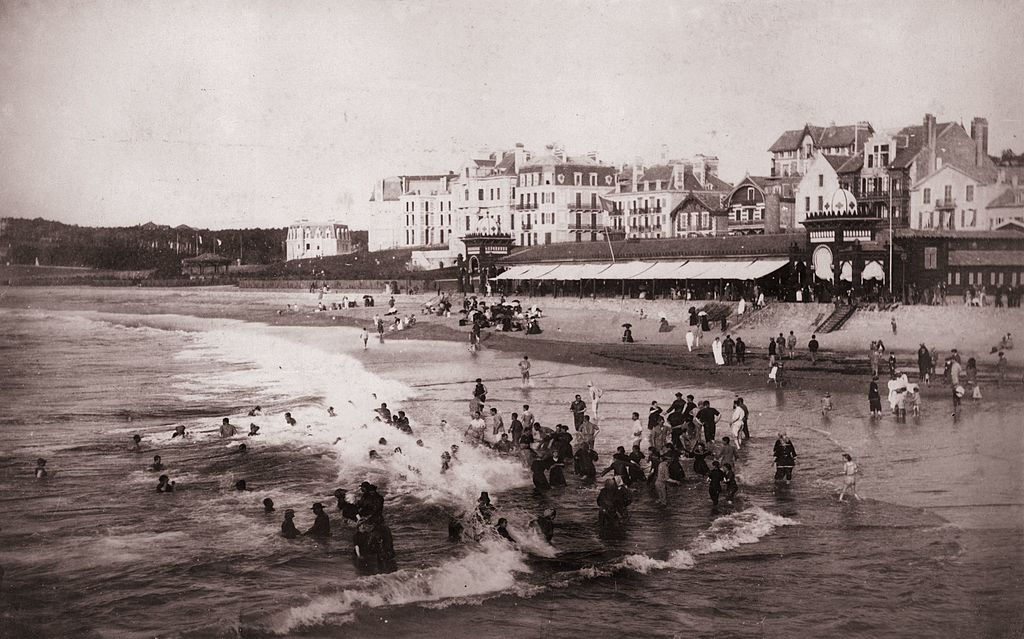
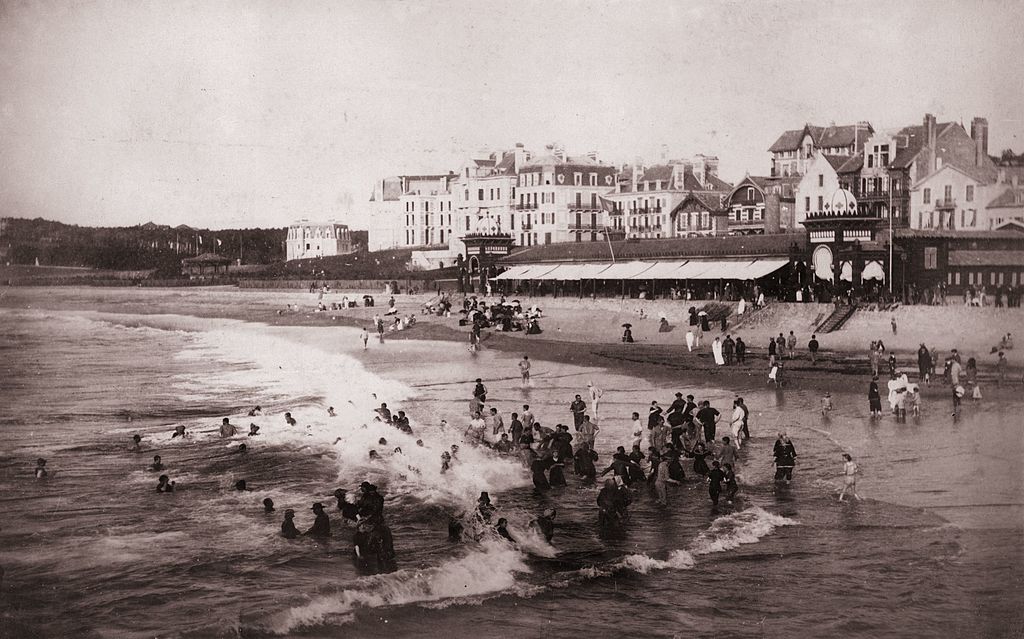



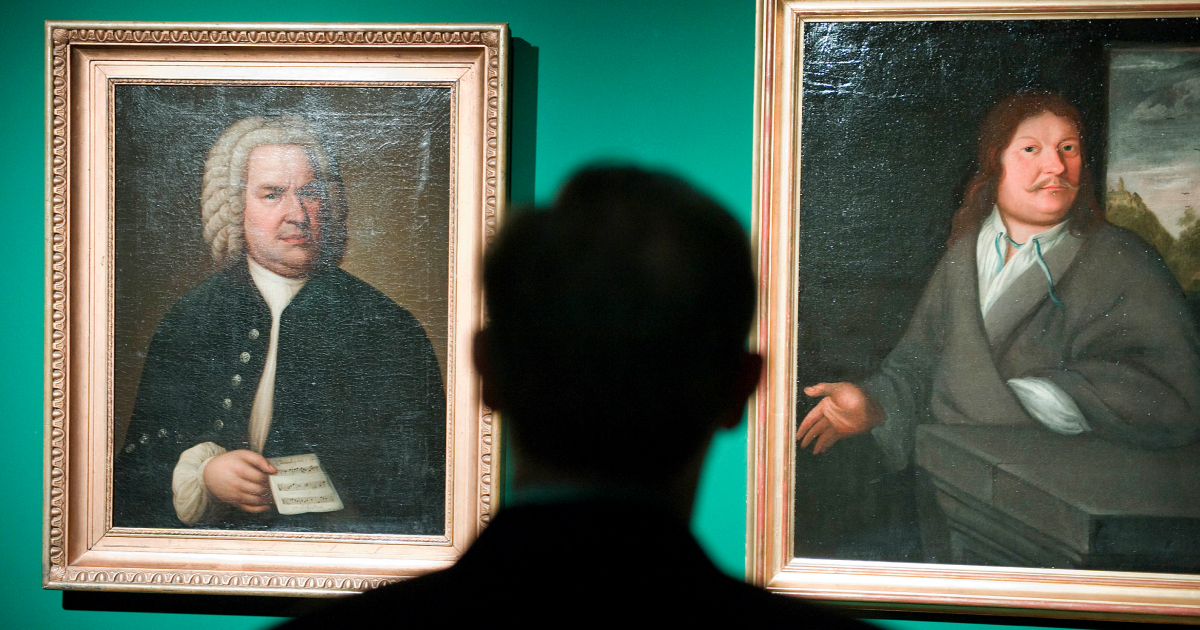
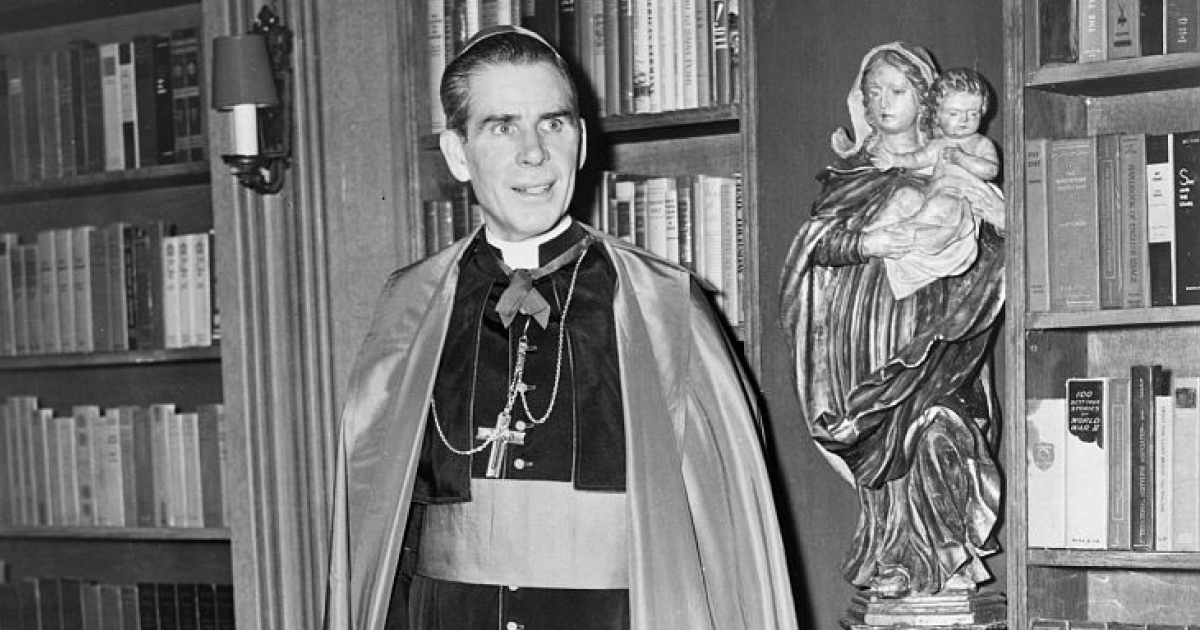
.jpg)

